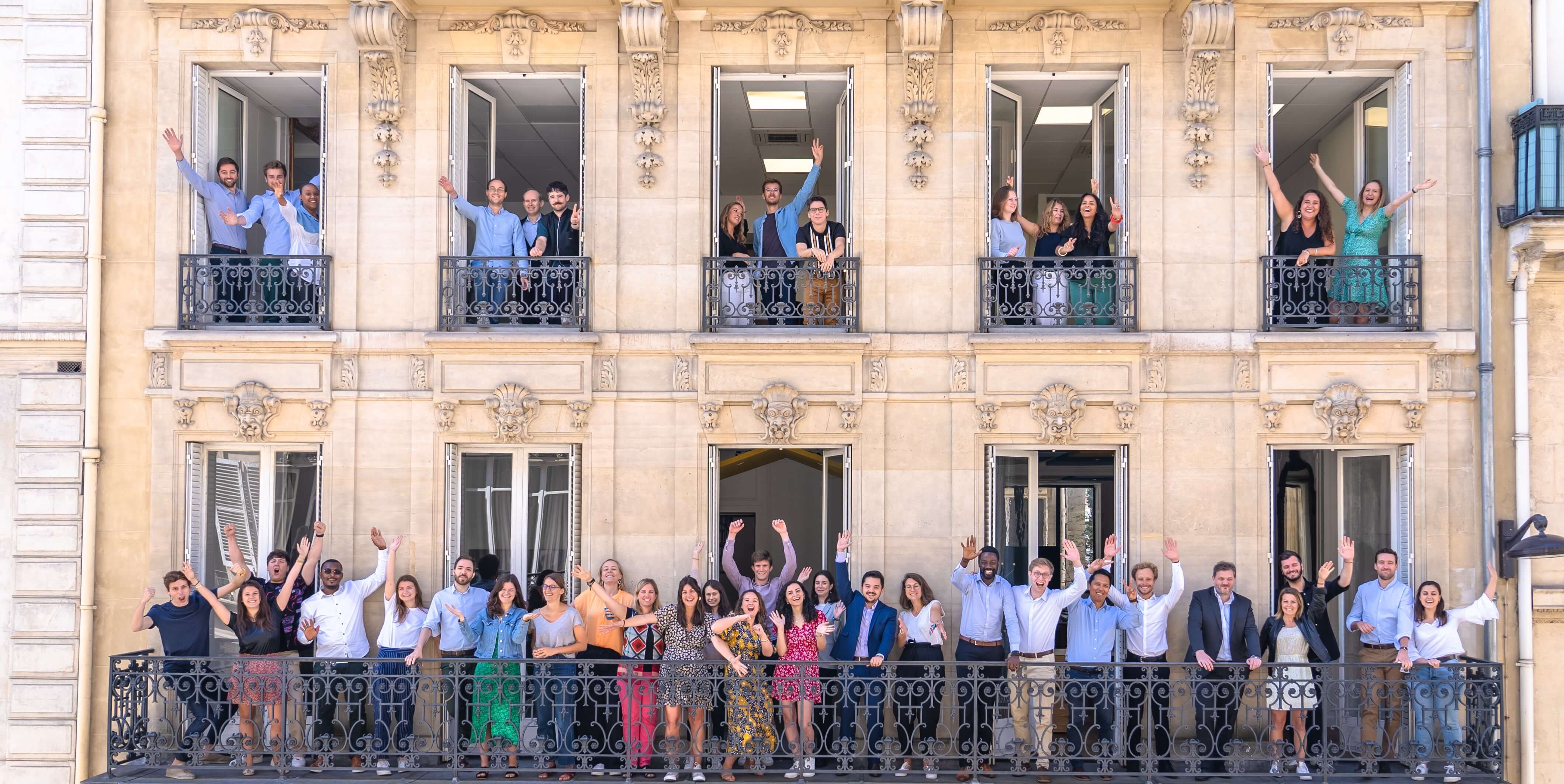

Bartle

Île-de-France, France
March 2019
Management consultant - for-profits
Service with Minor Environmental Footprint
Belgium,
France
Bartle was created in 2005 to accompany the transformation of organizations on all aspects of their value chain. They employ around 200 people in 2023. Their consultants help organizations to adopt better operational strategies and to make the best choices for them, their customers and their environment. Bartle supports long term business transformation at all strategic, tactical and operational levels, from strategic diagnosis to operational changes, by leveraging its different fields of expertise. Bartle's know-how ranges from supply-chain, to change and project management, through customer experience. More than a consulting firm, Bartle is an open, collaborative and innovative laboratory of ideas, constantly on the move with its partners. They have created three think tanks to ensure a better impact on the ecosystem, with one dedicated to transformation and “positive transformation”. Bartle is known for its own specific “touch” expressed through its values: creator of trust, team spirit, commitment and audacity. Becoming a member of the B Corp community is a way to reaffirm their values and strengthen their will to work differently and for the sake of the ecosystem.
Overall B Impact Score
Governance 12.7
Governance evaluates a company's overall mission, engagement around its social/environmental impact, ethics, and transparency. This section also evaluates the ability of a company to protect their mission and formally consider stakeholders in decision making through their corporate structure (e.g. benefit corporation) or corporate governing documents.
What is this? A company with an Impact Business Model is intentionally designed to create a specific positive outcome for one of its stakeholders - such as workers, community, environment, or customers.
Workers 33.2
Workers evaluates a company’s contributions to its employees’ financial security, health & safety, wellness, career development, and engagement & satisfaction. In addition, this section recognizes business models designed to benefit workers, such as companies that are at least 40% owned by non-executive employees and those that have workforce development programs to support individuals with barriers to employment.
Community 19.9
Community evaluates a company’s engagement with and impact on the communities in which it operates, hires from, and sources from. Topics include diversity, equity & inclusion, economic impact, civic engagement, charitable giving, and supply chain management. In addition, this section recognizes business models that are designed to address specific community-oriented problems, such as poverty alleviation through fair trade sourcing or distribution via microenterprises, producer cooperative models, locally focused economic development, and formal charitable giving commitments.
Environment 8.0
Environment evaluates a company’s overall environmental management practices as well as its impact on the air, climate, water, land, and biodiversity. This includes the direct impact of a company’s operations and, when applicable its supply chain and distribution channels. This section also recognizes companies with environmentally innovative production processes and those that sell products or services that have a positive environmental impact. Some examples might include products and services that create renewable energy, reduce consumption or waste, conserve land or wildlife, provide less toxic alternatives to the market, or educate people about environmental problems.
Customers 9.3
Customers evaluates a company’s stewardship of its customers through the quality of its products and services, ethical marketing, data privacy and security, and feedback channels. In addition, this section recognizes products or services that are designed to address a particular social problem for or through its customers, such as health or educational products, arts & media products, serving underserved customers/clients, and services that improve the social impact of other businesses or organizations.
What is this? A company with an Impact Business Model is intentionally designed to create a specific positive outcome for one of its stakeholders - such as workers, community, environment, or customers.